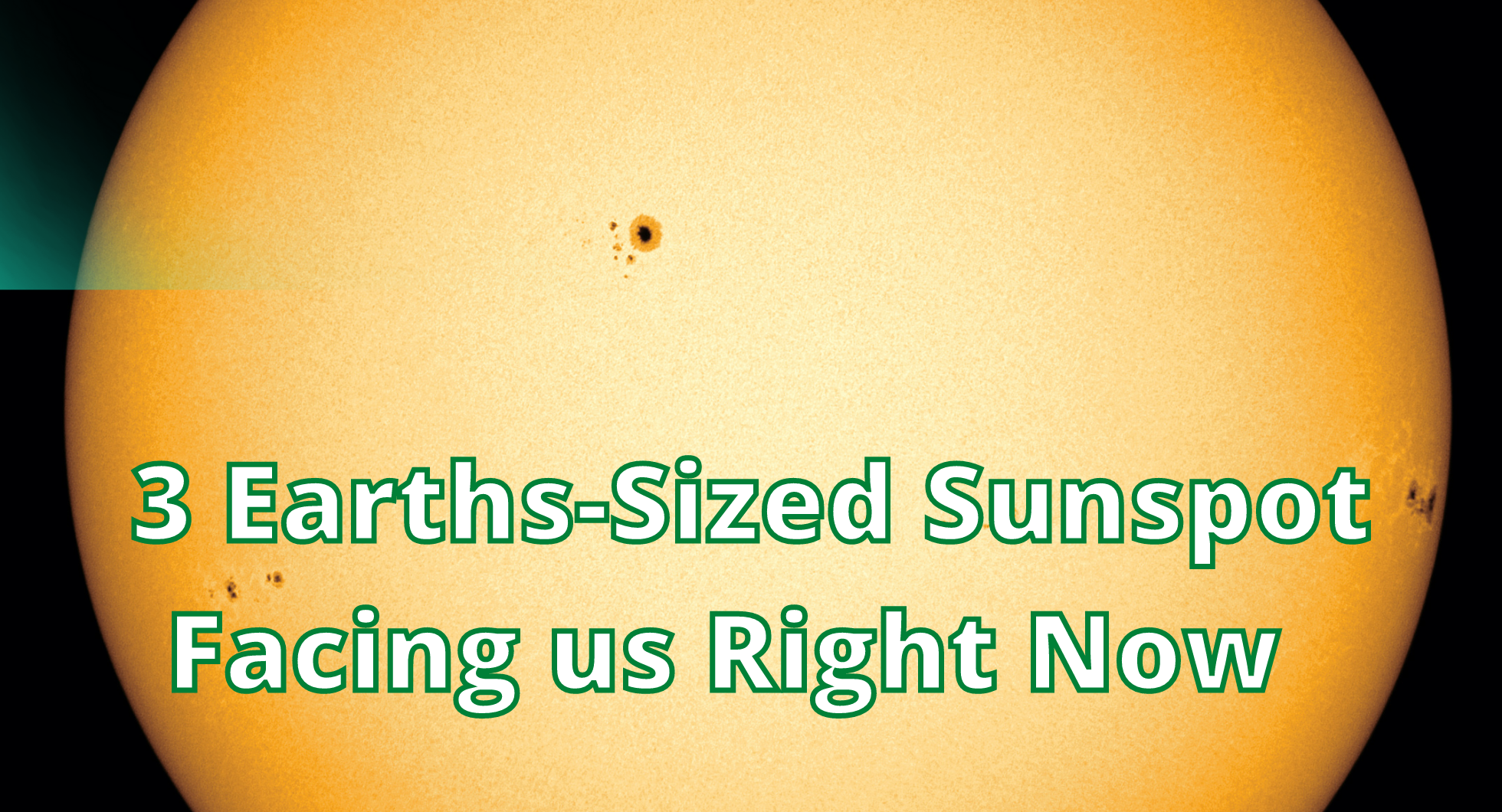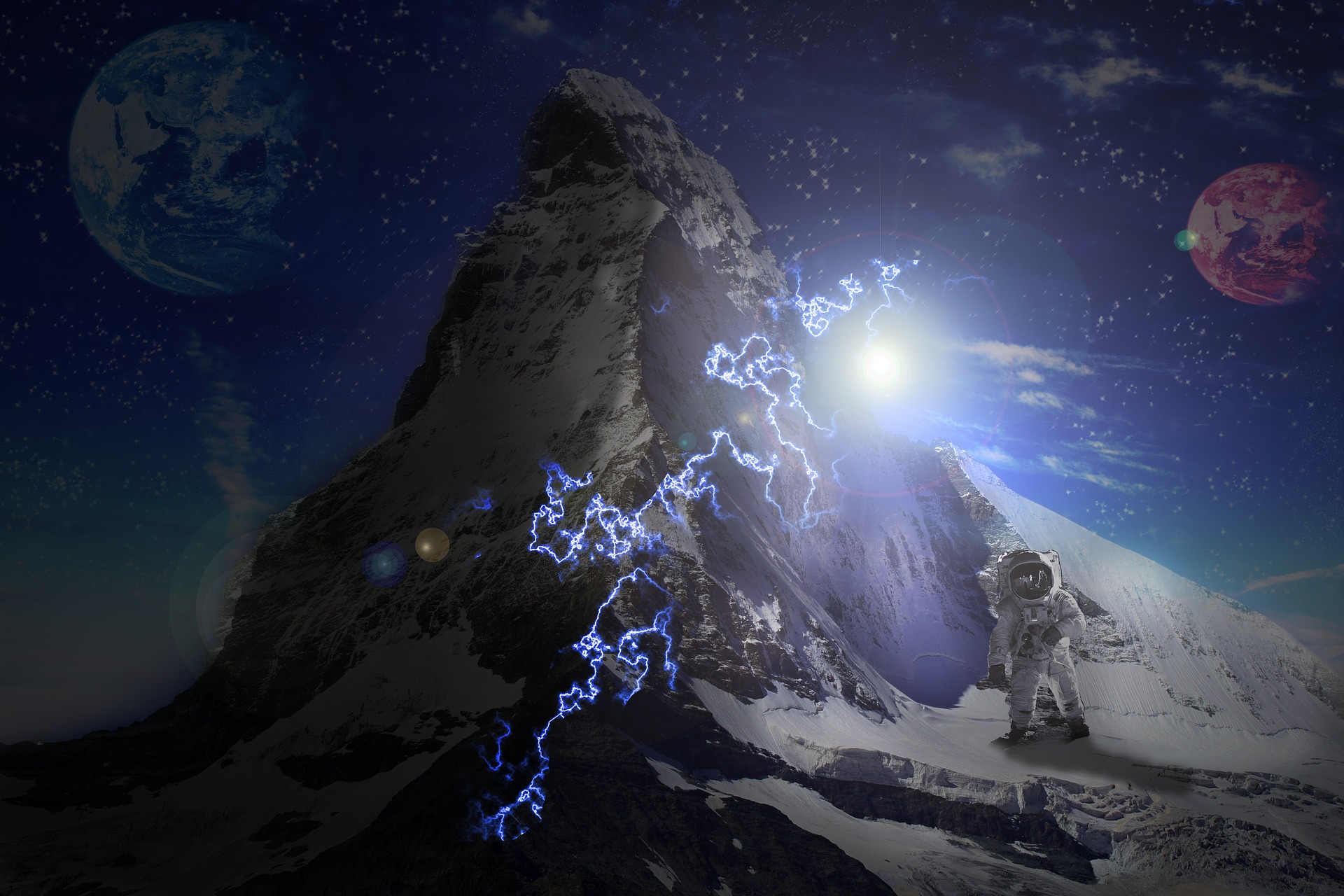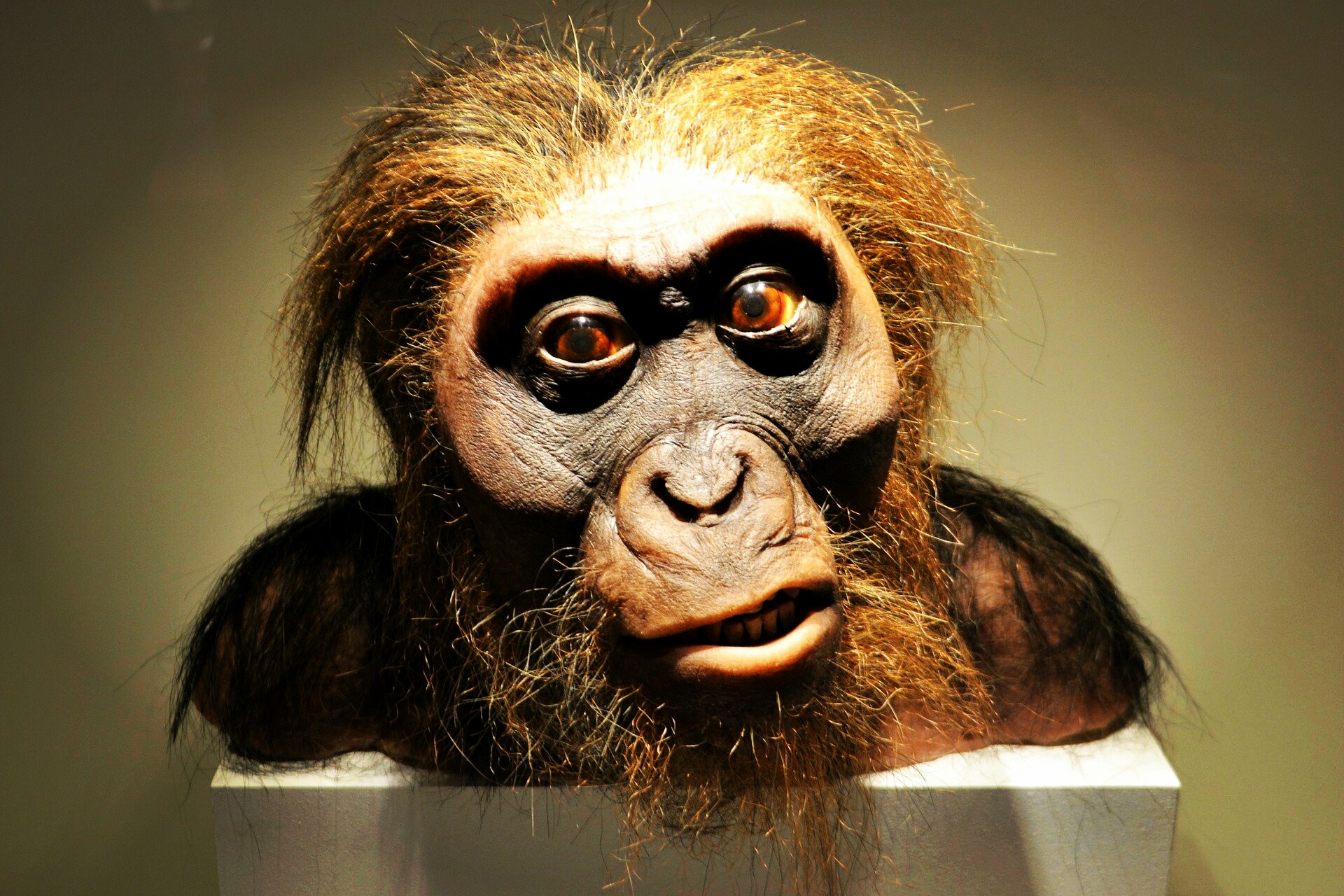
If you’ve ever pondered why evolution produced only one intelligent species on Earth, you’re not alone. It’s a question that has perplexed many people over the years.
The article gives you the answer to why “Earth has just one species with an advanced mind” and what this means for our future on Earth. It is also a guide as to how we should be studying our planet now.
Why evolution produced only one intelligent species on Earth?
Well, to get the answer for this question, we must first understand what is meant by “evolution”.
In brief, it is the change in the genetic composition of a biological population over successive generations. A process by which living organisms adapt to their environment and grow over time. This process includes adaptation through natural selection of random heritable changes, called mutations.
This process takes place at an inconceivable rate and since our first appearance on Earth some two hundred thousand years ago, we have seen 25,000 generations come and go. Each generation of humans has given rise to new skills and knowledge that have allowed us to harness the Earth for food, shelter and transport. During this time we have ventured into space as well as unlocking the secrets of our own biology through science and medicine.
Before we left Africa, about two hundred thousand years ago, we humans were not the intelligent species that we are today.
However, far from the lofty heights of scientific discovery, the general consensus within the scientific community is that our planet has just one intelligent species on it.
So, you may well ask, why did evolution produce only one intelligent species on Earth? Well to understand this we can start by looking at some examples of other lifeforms on our planet. Let’s start with plants. There are about 320,000 different plant species growing across our planet today. And all of them have adapted in their own way over time to suit their environment and needs. Some plants have developed poisons to protect themselves from predators. Whereas, others have evolved strong and hard structures. And still others have adapted to grow in harsh environments like the Arctic or deserts.
Animals are very similar. From the smallest bacteria to the largest mammals we are all using different strategies to thrive in a competitive and ever-changing world. Some animals like insects or ants live in large numbers, with one queen breeding all of the other members of her colony. Others like termites eat wood, which is not particularly nutritious. But as social insects, they can digest it together and recycle waste products into new food for themselves. This combination of hard-working and highly intelligent groups is called a “superorganism”.
Now, what might this have to do with us? Well, despite our scientific advancements we are still very much animals. We walk on two legs and stand upright because we need to lift weight for our body size to survive in the very competitive world we live in. We breathe air because it’s oxygen that most animals depend on for survival, but there are other species who float in the water and eat plankton from the bottom of the ocean or even eat living plants (for example krill). But despite all of these differences, these types of life forms are known as “animals”.
What about other life forms on our planet?
There is a huge diversity of animal species and just as there is a vast array of plant species. So too are there numerous animal species, each adapted to its own specific environment. These differences make animals interesting to study, but they are still not intelligent.
Related Post:
Other creatures like insects have their own way of adapting to their environment. But these insects will never develop human-like attributes like the ability to think and make tools. Our development over the past two hundred thousand years has allowed us to invent new technology. It allows us to live in air-conditioned houses instead of caves and we send rockets into space because our brains have developed greater intelligence than that of insects.
If you look at all of the land animals, only one species has developed the intelligence we need to survive in our modern world. And this animal is known as Homo sapiens.
A brief history of humans
Why, with all of the thousands of different animal species on Earth now, did evolution produce only one intelligent species, humans? Well, to answer that question we need to look at how humans became the most intelligent life form on the planet. First of all, we need to understand that we, humans were never meant to become this intelligent.
Before we left Africa, about two hundred thousand years ago, we humans were not the intelligent species that we are today. We used to be just like any other other animal and it was only because of a series of events that took place when we left Africa that allowed us to rise above our origins and become the most intelligent creatures on the planet.
Up until about two hundred thousand years ago, it is thought that humans lived as small nomadic groups across Eastern Africa. It is thought that our early ancestor Homo erectus originated in East Africa and then traveled out into Asia about a million years ago.
What we know about this early period comes from fossil evidence and this shows that the climate was relatively stable at this time. During this time, our ancestors were left to follow the changes in climate by moving on through different areas, but there is no evidence of any kind of competition between different groups or invaders from other regions.
From the fossil record we know that some of these early humans were quite large. This was due to them using more meat in their diet during this time because there was a particular food source called “waste” which came form rotting flesh and bones (similar to the idea of something like termites living in old logs). Other evidence from fossils suggests that some of these early humans were even quite old, with one individual being over four hundred thousand years old.
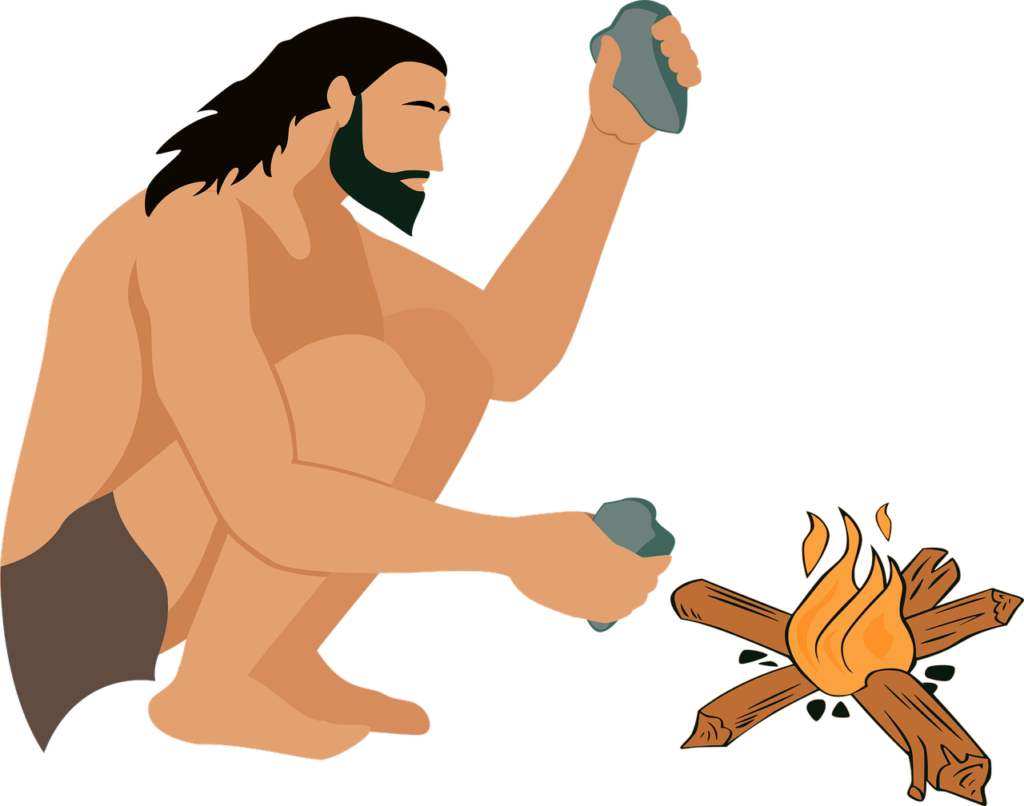
It was only during this time that our ancestors began to develop the abilities to make tools. This means that they were now able to use sticks and stones as weapons or for handicrafts such as carpentry. Some of these early humans also developed a more advanced hunting technique called “drive hunting“. This meant that by sticking together in groups (“tribes”) our ancestors could hunt down much larger animals than they would normally be able to catch in order to survive. This is a very important point because it allows us to trace the development of our species through time.
What happened during this period of time was that Homo erectus slowly began to spread out from Africa, but only one group migrated beyond Asia. This would have been around two hundred thousand years ago and it was at this point that the climates became increasingly unstable in East Asia. These changes meant that our ancestors were forced to move further and further into Asia until they eventually inhabited places such as China and Australia (although there is no evidence of our ancestors ever actually leaving Africa).
Between one and one-and-a-half million years ago, monotheistic religions began to develop in China. This allowed these outlying groups of Homo erectus to begin to develop their own unusual culture. Over the next million years, the climate became increasingly unstable, causing our ancestors to move further and further away from these regions in search of food sources.
During this time the first crude stone tools were developed and it has been speculated that this was because our ancestors had developed a taste for meat. The earliest known cave paintings began around a million-and-a-half years ago, indicating that our ancestors were becoming more aware of the fact that they were becoming less and less reliant on plants as a food source.
This further led to new inventions such as the use of fire, which not only allowed them to cook their food but also to heat their caves. This led to the development of a more advanced brain size over time which would eventually lead us to be able to invent things like modern day machines.
A major development in our evolutionary history was when these nomadic groups began creating permanent settlements. These early settlements gradually evolved into agriculture, when our ancestors began planting seeds and growing crops for food. This allowed them to develop agricultural based communities and come together in larger numbers than ever before. As these groups came together, we began developing new languages and a greater capacity for communicating with others around us. This was also the time that we began to develop a tribal mentality as nomadic groups began to band together for greater protection.
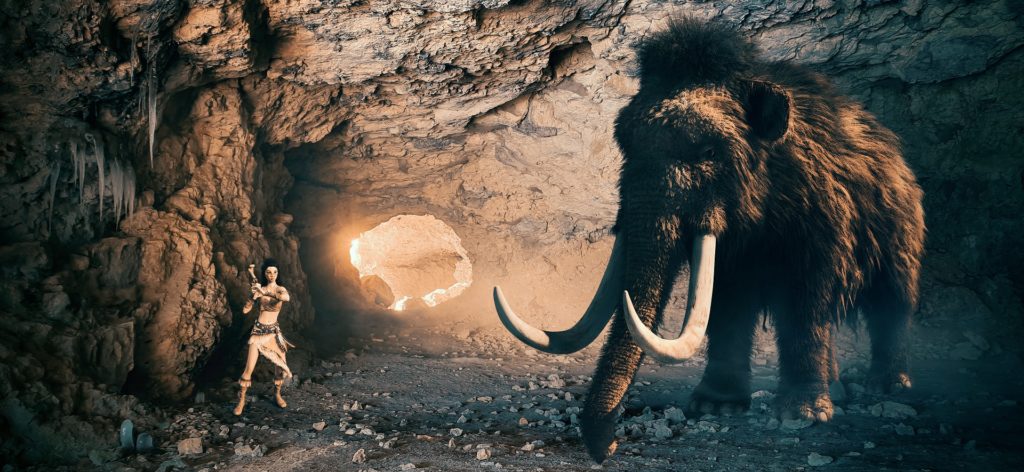
It is thought that it was around this time that early humans first stepped foot outside of Africa, with the first known human fossils appearing in Asia about one hundred thousand years ago. This would have been around the same time when early humans developed their own language and culture. We know that these early homo sapiens used very crude stone tools. And, it seems as though they were adapting to living in climates much colder than what they were used to.
Over the next hundred thousand years, homo erectus began to move down through Asia into Europe. And then further around into the Middle East and Northern Africa. People think that these early humans were still quite primitive, who gradually began developing more advanced stone tools. It was at this time that they also developed their own language. Homo erectus lived during a time when giant animals such as mammoths and saber tooth tigers were ruling the world. Although people that these animals did not play an important role in early humans’ diets, there are some archaeological sites in Eastern Europe which suggest that some of these early humans might have been hunting them for sport.
These changes would have driven us to develop a greater comprehension about the world around us. The changes coincidentally came in our favour, which enabled humans to develop ourselves as the most intelligent species.
The oldest evidence of our ancestors being in Japan dates from around twenty-three thousand years ago and from this point, we know that homo erectus began to migrate around the world, continuing to live in different climates and also putting down roots in a number of other locations. They had even begun developing their own language by this point, which they used for communicating amongst themselves and with other hominid groups. It was around fifteen thousand years ago when homo sapiens first evolved into modern man. By this time our ancestors had moved far enough away from Africa that they needed a way of explaining the big changes they had experienced since they first emerged as a species.
This is why our ancestors began to develop many of the characteristics we still see in modern cultures today. For example, some theorists think that there were many gods and goddesses that our ancestors prayed. People also believe that they had a belief in a single creator god and an afterlife. This created a desire within them to work harder towards the creation of a better world rather than simply focusing on life as it was at the time.
Although there are still many theories about how humanity actually evolved over this time period, it seems clear that it was during this period of human history that our ancestors began working together more often in order to survive against other groups from around them (such as other tribes). This allowed us to learn more about ourselves and our past. This inevitably led to some of the greatest inventions in human history. It was also around this time that we first started creating written language and eventually began building our own cities and communities. These changes would have driven us to develop a greater comprehension about the world around us. The changes coincidentally came in our favour, which enabled humans to develop ourselves as the most intelligent species. And it ultimately led to the development of even more new technologies, many of which we still use today.
Bottom Line
- Human evolution was random.
- We were not meant to be as civilized as we are.
- ‘IT’ meant us to be just like any other animals.
- It was just a coincidence that human evolution took place and we became this advanced.
Auto Amazon Links: No products found.
